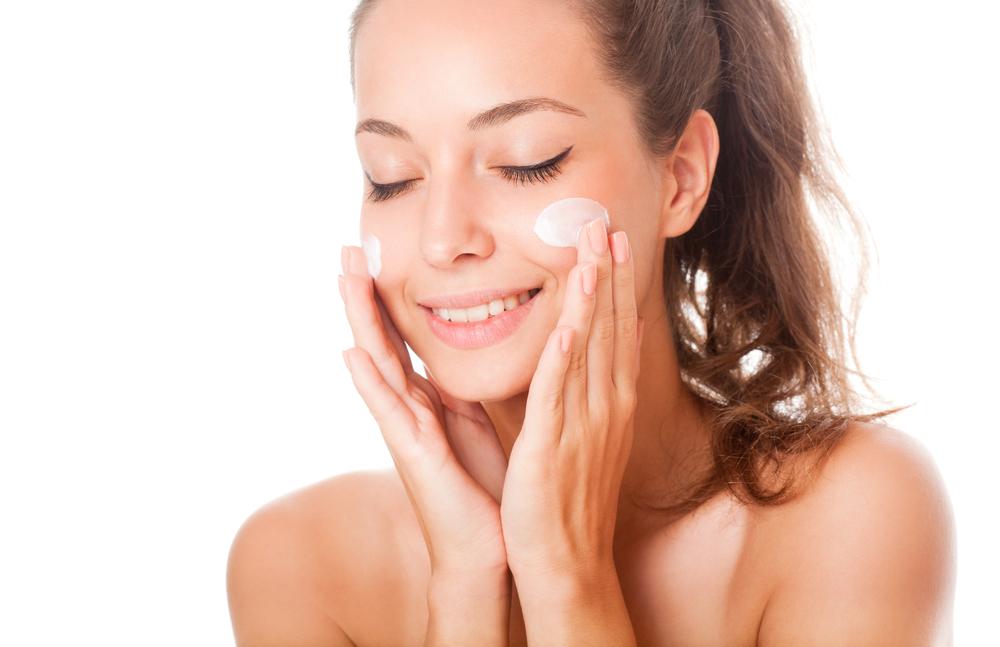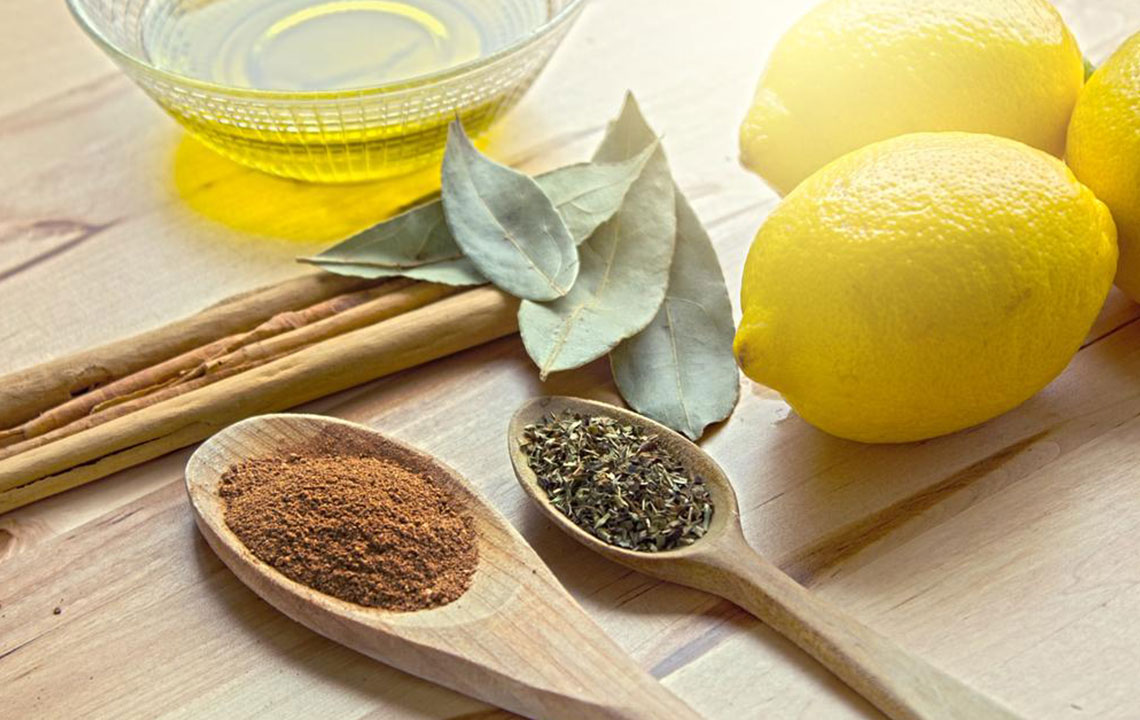Natural Tips to Soothe and Hydrate Dry Skin
Discover simple, natural methods to combat dry skin effectively. From moisturizing with organic creams and coconut oil to dietary changes and using humidifiers, these tips promote healthier, hydrated skin. Regular exfoliation and gentle shower practices also help maintain skin moisture. If dryness continues, consult a dermatologist for expert guidance. Embrace these holistic approaches to improve your skin's condition and comfort during dry seasons.

Natural Approaches to Nourish and Moisturize Dry Skin
Dry skin, while often not a major health concern, can cause discomfort, particularly in colder seasons. Persistent dryness may sometimes signal underlying issues, so seek medical attention if redness, sores, or peeling occur. Environmental factors and harsh skincare products are common culprits. Fortunately, various simple remedies at home, including topical treatments and diet changes, can promote healthier skin. Continue reading to discover effective natural strategies to combat dry skin.
Choose appropriate moisturizers – Opt for creams or lotions designed for dry skin, preferably free from parabens and sulfates. Organic or dermatologist-recommended options are ideal. When outdoors, remember to apply sunscreen to prevent dryness and fine lines. Trusted brands include Nivea, Kiehl’s, Aveeno, The Body Shop, Burt’s Bees, Palmer’s, CeraVe, Rodin Crema, and Acca Kappa.
Apply coconut oil – Rich in nutrients, coconut oil helps repair skin tissues, remove dead cells, and protect against sun damage. It has antiviral, antioxidant, and antifungal properties that help prevent infections. In addition to nourishing your skin, coconut oil can replace makeup removers and be added to your diet for improved skin health.
Aloe vera – Renowned for soothing sunburns and minor wounds, aloe vera has antibacterial qualities that reduce itchiness, soreness, and inflammation. It’s also beneficial for skin conditions like eczema and psoriasis. For best results, apply fresh aloe vera gel right after bathing.
Use a humidifier – Incorporating a humidifier in your home maintains ideal moisture levels, especially in dry, cold environments. This helps prevent skin dehydration.
Take oatmeal baths – Oatmeal baths are a traditional solution for dry, irritated skin. Colloidal oatmeal contains antioxidants and anti-inflammatory agents, making it effective for various skin issues. Follow with a nourishing lotion to seal in moisture.
Modify your diet – Increase intake of antioxidants and omega-3 fatty acids found in foods like tomatoes, carrots, legumes, blueberries, and oily fish such as salmon and mackerel. These nutrients support skin hydration and reduce inflammation. Stay well-hydrated and limit caffeine and alcohol consumption.
Avoid harsh skincare products – Chemical-heavy soaps, creams, and makeup can disrupt your skin’s pH, causing dryness and irritation. Choose natural, hypoallergenic options, especially after swimming to remove chlorine residues that dry out the skin.
Exfoliate gently – Regular, gentle exfoliation once or twice a week removes dead skin cells, enhancing moisturizer absorption. This is especially helpful for makeup users.
Monitor shower temperatures – Hot showers strip moisture from your skin, resulting in dryness. Use lukewarm water instead to preserve your skin’s natural hydration.
Implementing these natural remedies can effectively alleviate dry skin. If symptoms persist, consult a dermatologist for tailored advice.


